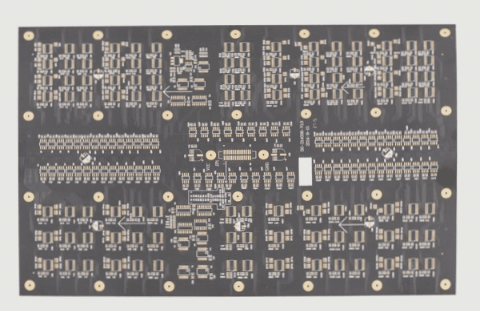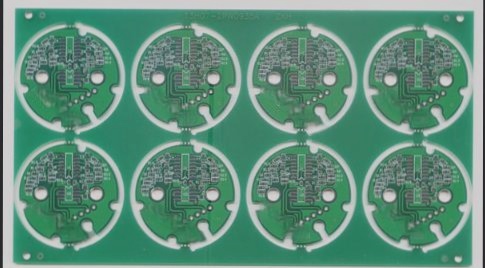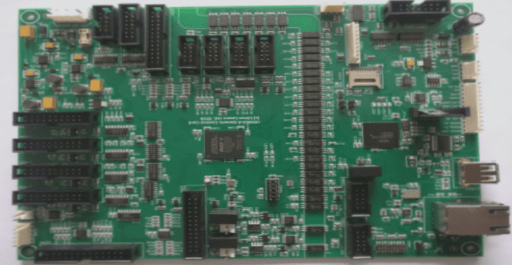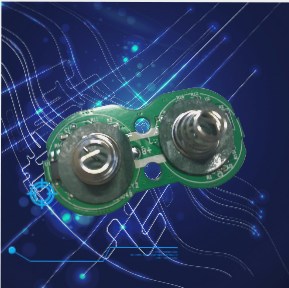1. When selecting a PCBA OEM manufacturer, it’s essential for the customer to conduct an on-site visit to assess the manufacturer’s fundamentals, particularly their formality and professional capabilities. Regarding formality, customers should review relevant qualifications, such as ISO9001 quality management system certification; careful attention is needed to evaluate the manufacturer’s expertise in electronic product processing. For instance, during my visit to a PCBA manufacturer, I focused on several key areas: the SMT chip processing production workshop, the DIP production workshop, the office environment, and the overall demeanor of the employees. It’s crucial to determine if their machinery is advanced enough, whether the PCBA production process adheres to regulations, and if the production workshop maintains a tidy environment with materials organized properly. Additionally, customers should consider the manufacturer’s development trajectory over recent years. If the manufacturer has shown consistent improvement, it can serve as a strong indicator of their overall capability and suitability for collaboration.

2. To ensure the quality of PCB boards and electronic components supplied by PCBA foundry manufacturers, it is essential to consider the reputable companies they partner with during the selection of suitable processing manufacturers. Which companies are these? Verify whether your partner is a recognized medium or large-scale enterprise, or if it offers a comprehensive PCBA solution for well-known brands. Additionally, analyze the business sectors related to its production and processing; while there may not be any current trending industries, this can provide indirect insights into its capabilities. Moreover, it’s important to assess whether the manufacturer has established robust quality management systems and comprehensive procurement advantages in electronic component matching, as well as the strength of their long-term partnerships with agents, which can influence delivery times and cost advantages.
PCBA foundry material
2. What are the risks of the OEM model?
1. Difficulty in verifying material authenticity
Since PCBA foundry manufacturers oversee the complete production of electronic components and PCBs, some profit-driven processing plants may resort to sourcing counterfeit or substandard materials to cut costs. To mitigate this risk, it is crucial to specify material suppliers and obtain original certificates.
2. Unstable procurement cycles
Material procurement is often the most unpredictable aspect of the PCBA processing cycle, particularly when customer-required components are scarce or in high demand. If the foundry lacks inventory, this may necessitate ordering, leading to uncontrollable delays.
3. Maintenance challenges
Should the PCBA foundry manufacturer lack robust repair capabilities, this can complicate product maintenance and extend repair cycles, ultimately impacting delivery times and potentially causing significant losses for customers.
4. Capital risks
The PCBA foundry production model necessitates that manufacturers procure all materials on behalf of customers. Typically, customers must provide an upfront payment, often 70% of the total cost, before the manufacturer initiates material procurement and processing. Once the product is shipped, the customer pays the remaining 30%. Given the high value of PCBA OEM services, defaults in payments can lead to cash flow issues for companies, introducing several uncontrollable risks.
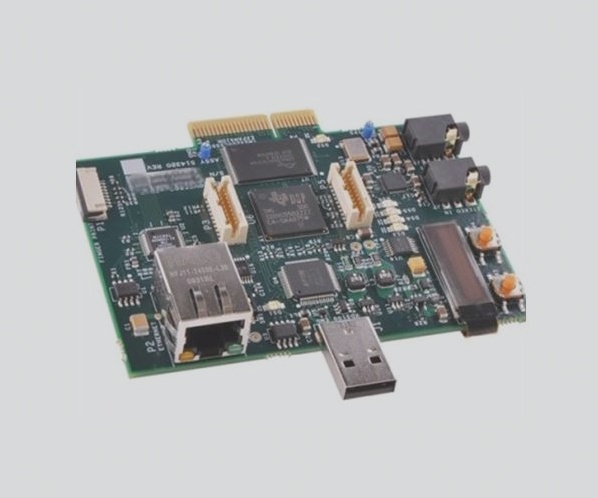
2. To ensure the quality of PCB boards and electronic components supplied by PCBA foundry manufacturers, it is essential to consider the reputable companies they partner with during the selection of suitable processing manufacturers. Which companies are these? Verify whether your partner is a recognized medium or large-scale enterprise, or if it offers a comprehensive PCBA solution for well-known brands. Additionally, analyze the business sectors related to its production and processing; while there may not be any current trending industries, this can provide indirect insights into its capabilities. Moreover, it’s important to assess whether the manufacturer has established robust quality management systems and comprehensive procurement advantages in electronic component matching, as well as the strength of their long-term partnerships with agents, which can influence delivery times and cost advantages.
PCBA foundry material
2. What are the risks of the OEM model?
1. Difficulty in verifying material authenticity
Since PCBA foundry manufacturers oversee the complete production of electronic components and PCBs, some profit-driven processing plants may resort to sourcing counterfeit or substandard materials to cut costs. To mitigate this risk, it is crucial to specify material suppliers and obtain original certificates.
2. Unstable procurement cycles
Material procurement is often the most unpredictable aspect of the PCBA processing cycle, particularly when customer-required components are scarce or in high demand. If the foundry lacks inventory, this may necessitate ordering, leading to uncontrollable delays.
3. Maintenance challenges
Should the PCBA foundry manufacturer lack robust repair capabilities, this can complicate product maintenance and extend repair cycles, ultimately impacting delivery times and potentially causing significant losses for customers.
4. Capital risks
The PCBA foundry production model necessitates that manufacturers procure all materials on behalf of customers. Typically, customers must provide an upfront payment, often 70% of the total cost, before the manufacturer initiates material procurement and processing. Once the product is shipped, the customer pays the remaining 30%. Given the high value of PCBA OEM services, defaults in payments can lead to cash flow issues for companies, introducing several uncontrollable risks.

